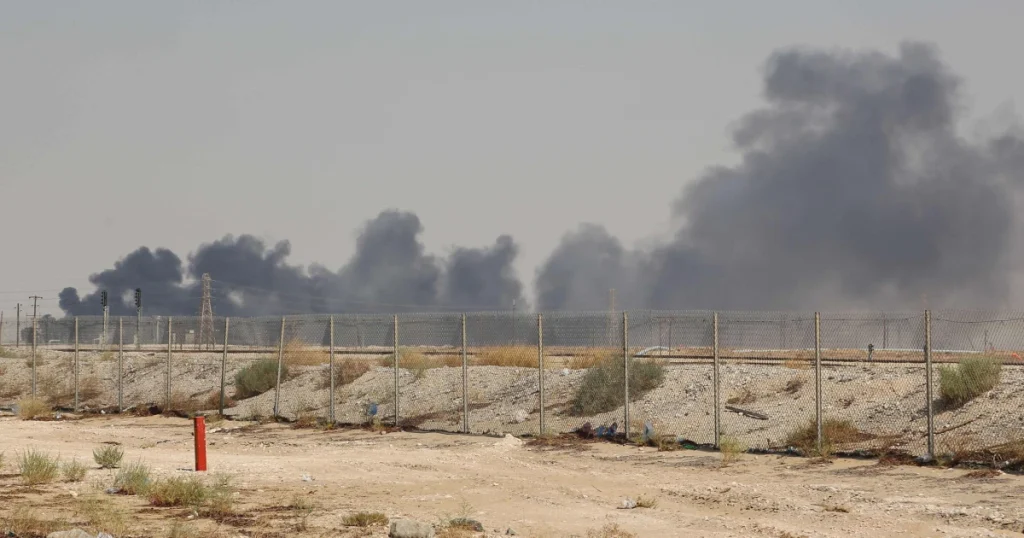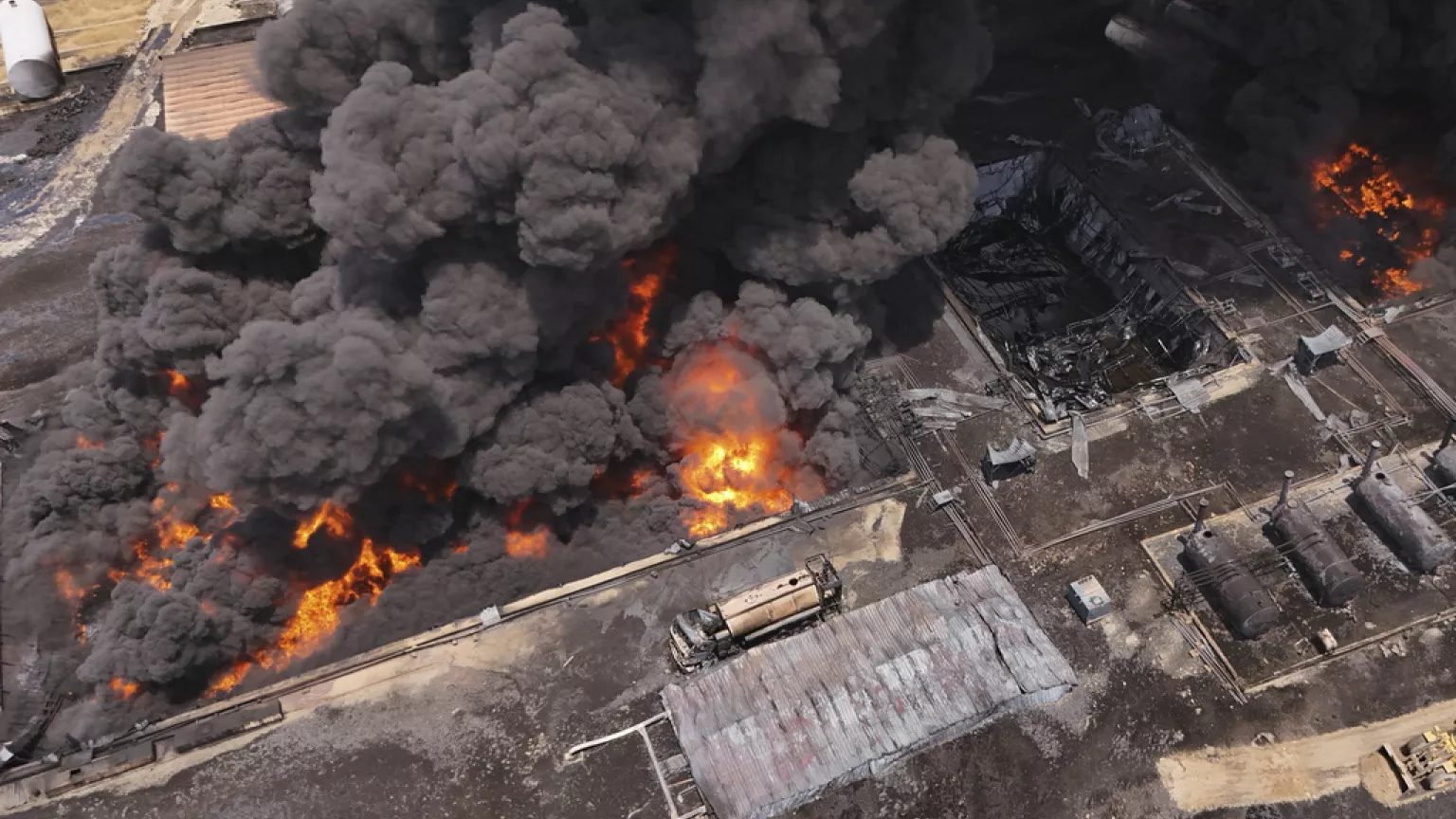Explosive-laden drones targeted three oil fields in Iraq’s autonomous Kurdistan region on Wednesday, Kurdish authorities reported.
This comes just a day after a similar attack forced a US-run field to halt operations.
Norway’s DNO ASA confirmed that production at two of its operated fields has been temporarily suspended following the drone strikes.
Kurdistan has experienced a series of unclaimed drone attacks recently, against a backdrop of simmering tensions between the regional government and federal authorities in Baghdad over oil exports. Five oil fields in the region have been hit within a single week.
The regional natural resources ministry condemned the latest incidents as acts of “terrorism,” noting they caused “significant damage.”
Kurdistan’s counterterrorism services specified that two drones struck DNO’s Peshkabir oil field in the Zakho district between 6:00 am and 6:15 am, followed by another drone hitting DNO’s Tawke field in the same area at 7:00 am.
DNO stated that explosions damaged a small storage tank at Tawke and surface processing equipment at Peshkabir, prompting the suspension of operations while damage is assessed.

Separately, at 7:14 am, another attack targeted an oil field operated by US firm Hunt Oil in Dohuk province, though it caused no casualties or damage.
There have been no claims of responsibility for any of the past week’s attacks. Baghdad has committed to an investigation to identify those responsible.
On Tuesday, a similar attack on the Sarsang field in Dohuk province forced US firm HKN Energy to suspend its activities.
Monday saw two drones hit the Khurmala field, with another being intercepted near the regional capital, Erbil’s airport.
While politicians close to Kurdish authorities have pointed fingers at pro-Iran groups, no evidence has been provided. These attacks coincide with ongoing disputes between the regional government and Baghdad concerning control over export revenues from Kurdistan’s oil fields.
An export pipeline to Turkey has remained shut since 2023 due to legal and technical issues.


 Trending
Trending 
